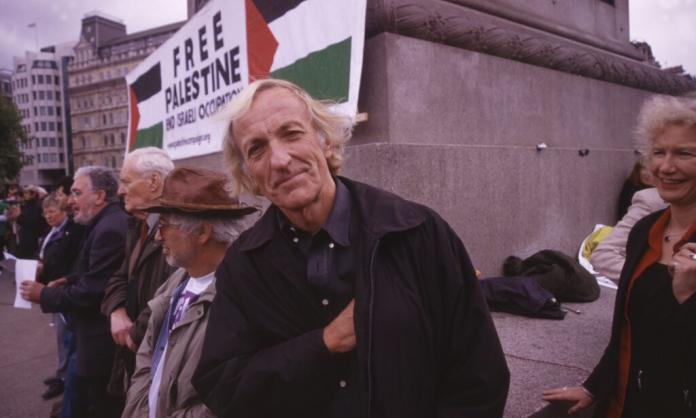Karl Marx understood the individual “as the ensemble of social relations”. Farrell “Pharoah” Sanders’ music reflects such a sentiment perfectly. It is the circumstances of social upheaval which allowed the innovative jazz saxophonist to play a revolutionary role in jazz like few others.
Born 1940 in segregated Arkansas to a working-class family, Sanders lived through the racism of the post-war American South and the immense hope of the radical movements of the 1960s and 70s.
Sanders’ own innovations in sound were closely tied to the prevailing experimentation and struggle in the cultural life of young, radical, black America. The freeform nature of his work was more than a continuation of John Coltrane’s experiments. It was an encapsulation of the changing world around him, and Sanders was conscious of this fact. Sanders saw “black music [as] the lifestyle of black people as expressed in sound rather than words”.
Sanders focused on immersive group interaction rather than the winding solos of Coltrane, an innovation to freeform jazz paralleling the rise of radical, collective politics in Black America. He drew inspiration from his social environment: “I listen to the waves of the water. Train coming down. Or I listen to an airplane taking off.”
New York in the civil rights period was an explosive cauldron of ideas, politics and action. A common call for revolution—although in an often-confused, sometimes spiritual, sometimes nationalist, sometimes socialist form—was in vogue. It had the highest urban population of African Americans at the time when Sanders, carrying little but a saxophone held together by “rubber bands all over it [and] wax paper” moved to the bustling metropolis in 1961.
He was usually homeless, despite playing with greats like Don Cherry, Coltrane and Sun Ra. He worked to eat, and was in close contact with both the Maoism of the Black Panthers and an increasingly popular African spiritualism, as well as the growing militancy of the Black working class.
The bellowing, firm and assertive performance of 1967s Tauhid is a prime example of Sanders’ early work. Recorded before the assassination of Martin Luther King Jnr and the violent repression of the black panthers by law enforcement, his tenor playing gives the sense of movement, of advance against a relatively rigid percussion.
His leading saxophone is empathetically withdrawn, allowing the performances of his band to progress naturally yet firmly, inevitably prompted towards progress and his “Africa”—a metaphor for peace and freedom as much as veneration of his identity as an African American man in the racist US.
Sanders’ work both reflected and helped shape the changing black urban consciousness. Black America was caught between the urgent, explosive inspiration of the national liberation struggles in the global south and the pessimism of a defeated civil rights movement. A new world was possible, many concluded, but not today.
The creative chaos of 1971s’ Thembi exemplifies this contradictory new mood. It tosses aside conventions of tone and tempo to encourage a swirling soundscape of competitive yet harmonious character: cowbells strike against long winded saxophone solos. Through the process of their dialogue, they settle their differences and join together in unity.
Unity was the central point that Sanders returned to throughout his 60-year career and over the course of his more than 35 albums. He never abandoned a genuine optimism that the world could be changed, and strife and suffering ended. It is still the struggle against this horrific system of exploitation which can realise for humanity the creativity, emancipation and unity which Pharoah Sanders reached for so beautifully. “If you’re in the song, keep on playing”.









